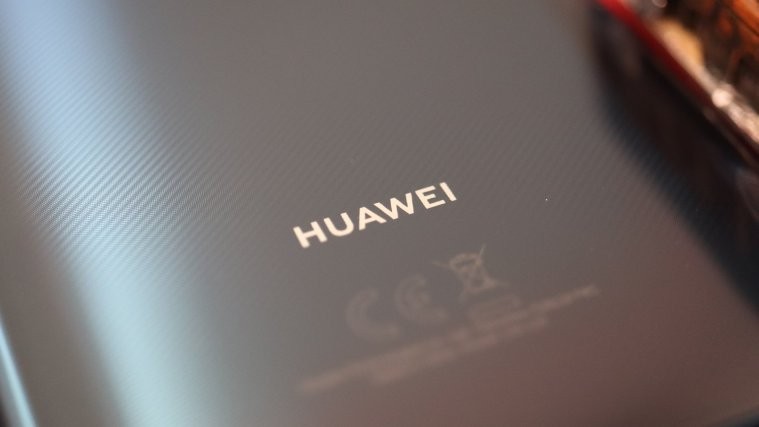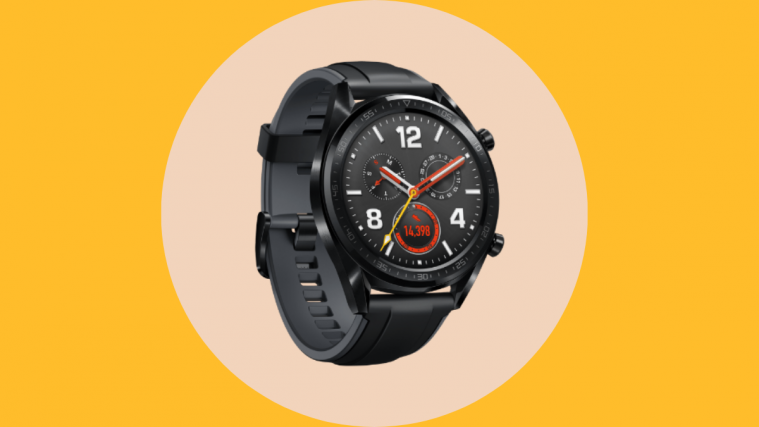Huawei has been at unfortunate pawn in the political crossfire between the U.S and China thanks to trade conflicts for quite some time now. The recent ban has even compelled this major smartphone manufacturer to accelerate the development of its own operating system since Google has to block access to core services like the Play Store as well as any future OS updates to all Huawei phones.
Things are starting to look up though, especially after the G20 summit in Japan when Trump allowed for a conditional lift of the ban. US companies can sell products to Huawei as long as the Chinese manufacturer as part of the conditional and temporary ban lift.
While this means that US companies cannot provide software support and other advanced technologies to Huawei, they can still sell components and hardware as long as the business does not pose a security threat.
What can be allowed as part of the Huawei Concession?
Major tech companies in the US are definitely heaving a sigh of relief over this temporary exception. For one thing, the Trump Administration is allowing temporary general licensing for products that don’t threaten the countries national security, though we cannot be sure what will qualify them as ‘non-threatening’. But here’s a look at the products that hopefully, won’t cause any issues.
Access to Android Q updates

Current users will still be getting an Android Q update for select Huawei phone. So if you’re using the Huawei P30, P30 Pro or even Huawei Mate 20 that was launched last year, rest easy. Huawei announced that current devices will see the launch of Android Q which is expected to arrive in the next few months. In fact, they already launched a developer version which is being tested on the Mate 20.
This update was guaranteed before the temporary ban list and it looks like they won’t backtrack anytime soon.
Access to Corning Gorilla Glass
Corning has a monopoly as the major supply of this heavy-duty display glass for major smartphone manufacturers. While the P30 Pro uses Aluminosilicate glass, there are older phones like the Mate 20 that still need this part. Since there is no absolute reason as to why a protective glass could pose a security threat, we’re going to assume that Huawei can still access Corning’s product, if they want to.
Access to Qualcomm Chipsets
Not that Huawei needs Qualcomm Chipsets any more thanks to its own Kirin 980 chipset which competes with Snapdragon 845 (currently the go-to processor for major flagship phones). But if ever Huawei decides to use a Snapdragon chipset or needs to retain this vendor for its older models like the P8 lite, it can still get access.
Access to audio chip’s front end module parts
The Huawei P30 Pro’s audio chip is assembled in China-based company HiSilicon. But the front end module of the chip that allows it to engage with mobile network signals is designed and manufactured by Skyworks, a semiconductor firm that operates from Massachusetts.
Also, the chip has an additional module that handles different radio frequencies which is made by Qorvo, a semiconductor firm in Greensboro, North Carolina. Losing business from these companies would have a direct impact on Huawei’s phones, not to mention the losses incurred by the companies themselves.
As of now, Huawei can still get these crucial parts.
Access to Flash Storage
Even though Huawei is working on its own Nano Memory cards, the P30 Pro’s 128GB flash storage is provided by Micron Technologies, a semiconductor specialist from Idaho.
In fact, Micron Technologies had to stop doing business with Huawei which meant a massive loss for both sides in terms of revenue. Since this technology won’t breach any privacy norms, they can resume business again.
From the looks of it, US companies will be on the ones who suffer the most if Huawei can manage an OS that can compete with Google. Most of Huawei’s technology and hardware is sourced in China and parts of Asia. Also, if they really have to, they will find a way to get everything they need elsewhere if the US decides to keep them on the ‘Entity list’.
The biggest loss will be faced by Americans because Huawei is a global company with major popularity and yes, they will take their business elsewhere.






